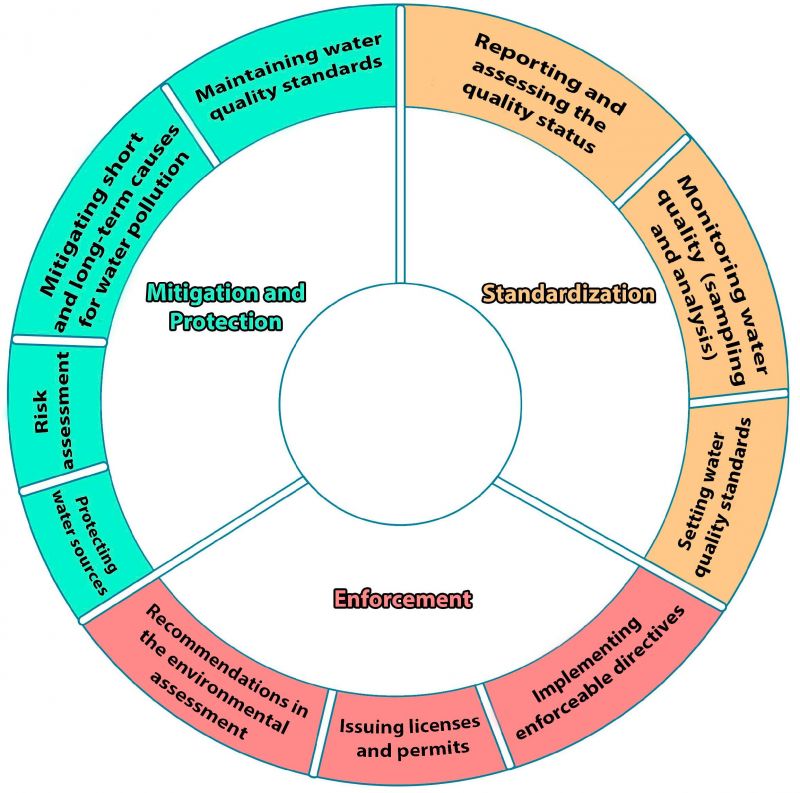A Paradigm Shift in Water Quality Governance in a Transitional Context
Published on by Sisira Saddhamangala Withanachchi in Academic
A Paradigm Shift in Water Quality Governance in a Transitional Context: A Critical Study about the Empowerment of Local Governance in Georgia

Abstract
The management of water quality is an important part of natural resource governance. Assurance of water quality therefore requires formulation of the regulatory framework and institutional process. Water quality-related problems and their management are mainly recognized as local responsibilities in Integrated Water Resources Management (IWRM).
The politics of environmental policy-making should consider the political economic dynamics and socio-ecological patterns. Decentralization by providing more power to the local level and moving to a new spatial management system that is based on water basins are the two strong entreaties in the new water governance paradigm.
Transitional countries facing rapid institutional adjustment, restructuring of regulations, and political-economic changes are encountering these demands internally and externally in their policy formulations. In this context, this study critically examines the case of Georgia, a transitional country. In particular, the focus is on how local governance entities can be empowered and what obstacles water quality governance encounters in Georgia.
Qualitative research design is the main research method implemented in this study. The key findings from the research analysis are as follows: the existing regulations and governance system do not facilitate the active engagement of local entities in water quality governance.
The application of new water polices may fail again if a top-down governance model is put in place that only creates a narrow space for local governance entities to effectively govern water quality. View Full-Text
Keywords : standardization; mitigation and protection; enforcement; natural resource management; water pollution; river basin management; Integrated Water Resources Management (IWRM)
Read full paper: MDPI
Media
Taxonomy
- Agriculture
- Treatment
- Policy
- Integrated Water Management
- Environment
- Integrated Infrastructure
- Governance & Planning
- urban water security